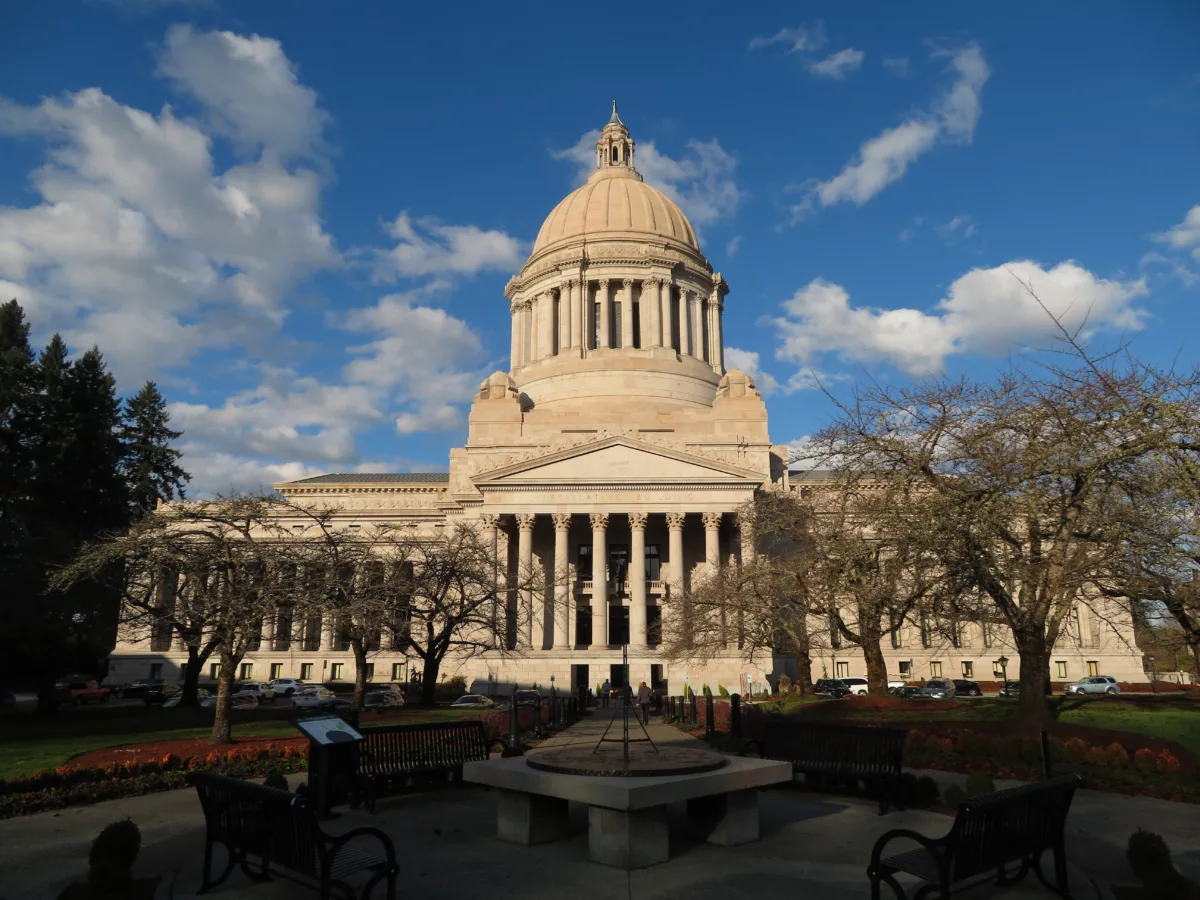
How Washington State Stifles the First Amendment for Prisoners
Public records reveal how Washington Department of Corrections uses a nebulous victim rights policy to bar incarcerated people from participating in public debates.

Public records reveal how Washington Department of Corrections uses a nebulous victim rights policy to bar incarcerated people from participating in public debates.
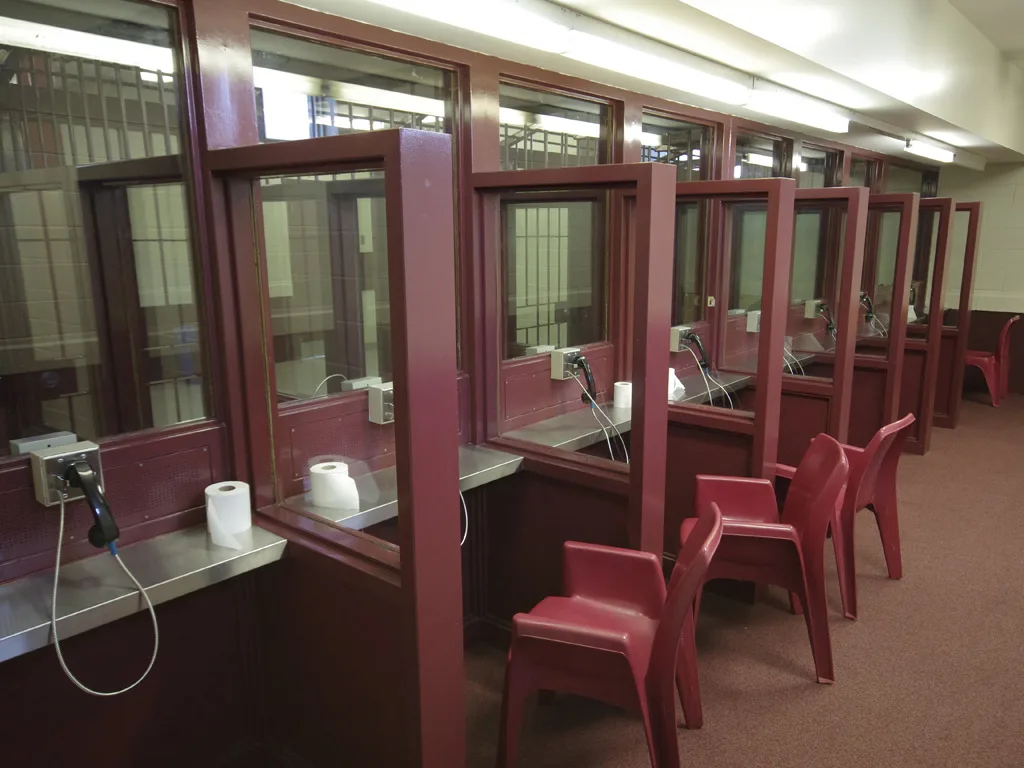
In June, I stepped into a body scanner outside the visitation room at the Washington Corrections Center and held my breath.

The birds quickly became the talk of the unit. Suddenly, everyone was an ornithologist, claiming to know whether barn swallows were endangered.
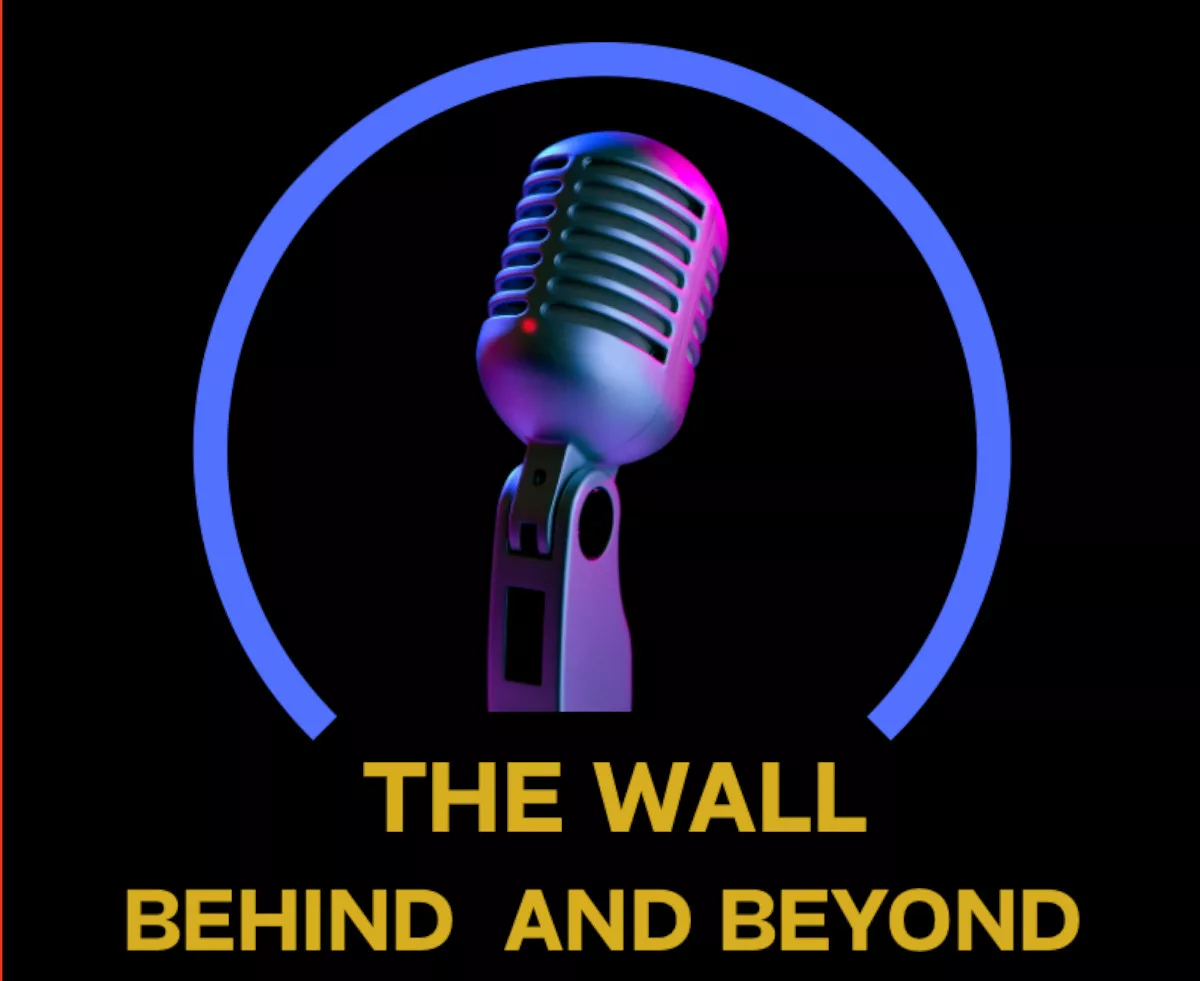
David Shipley tells Phillip A. Jones, who has spent more than 30 years in U.S. prisons, about his experiences in a British “open prison.”
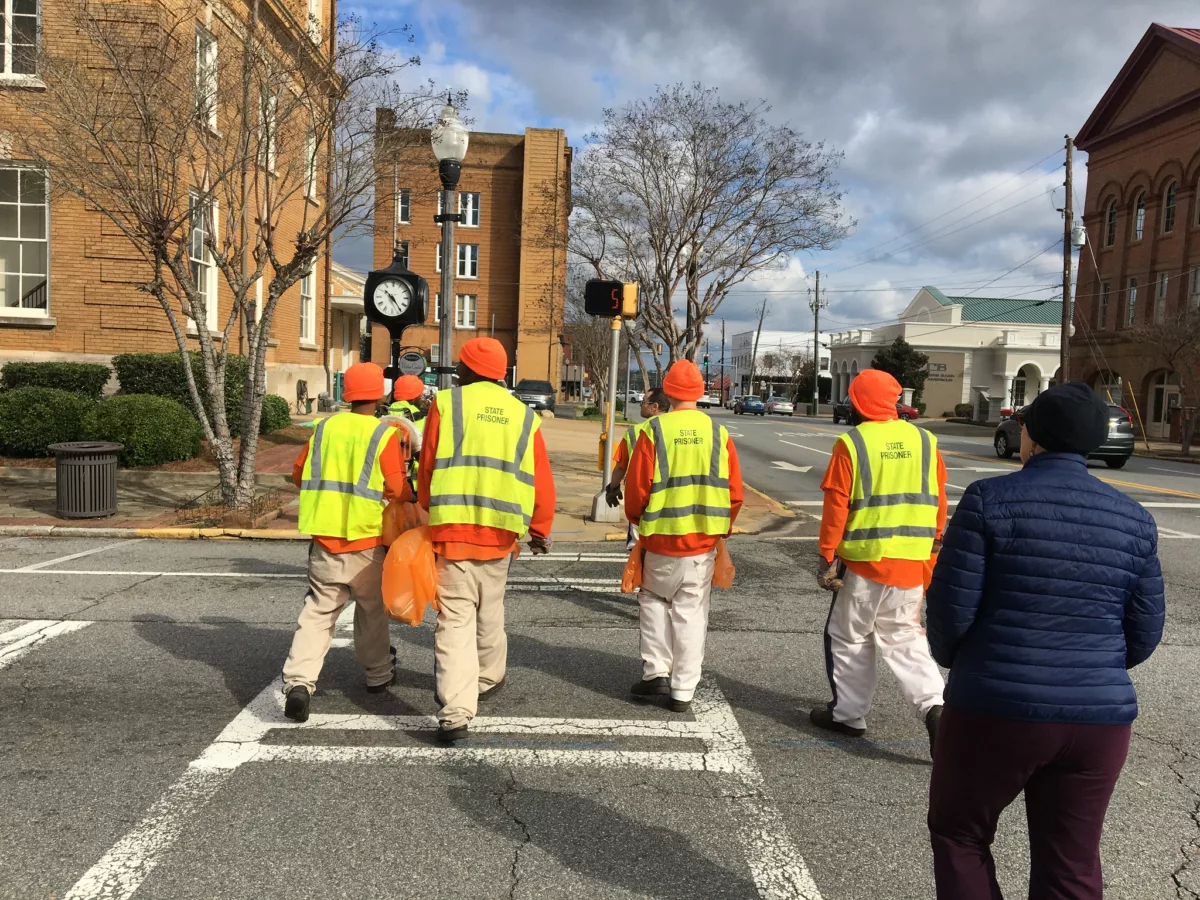
Inside the towering walls and razor wire fences of U.S. prisons, slavery remains legal—and it is carried out with little oversight, often under horrific conditions.

Under state law, adult prison sentences are automatically enhanced based on prior youth adjudications. New legislation would rein in the practice and allow for reconsideration of extreme sentences.
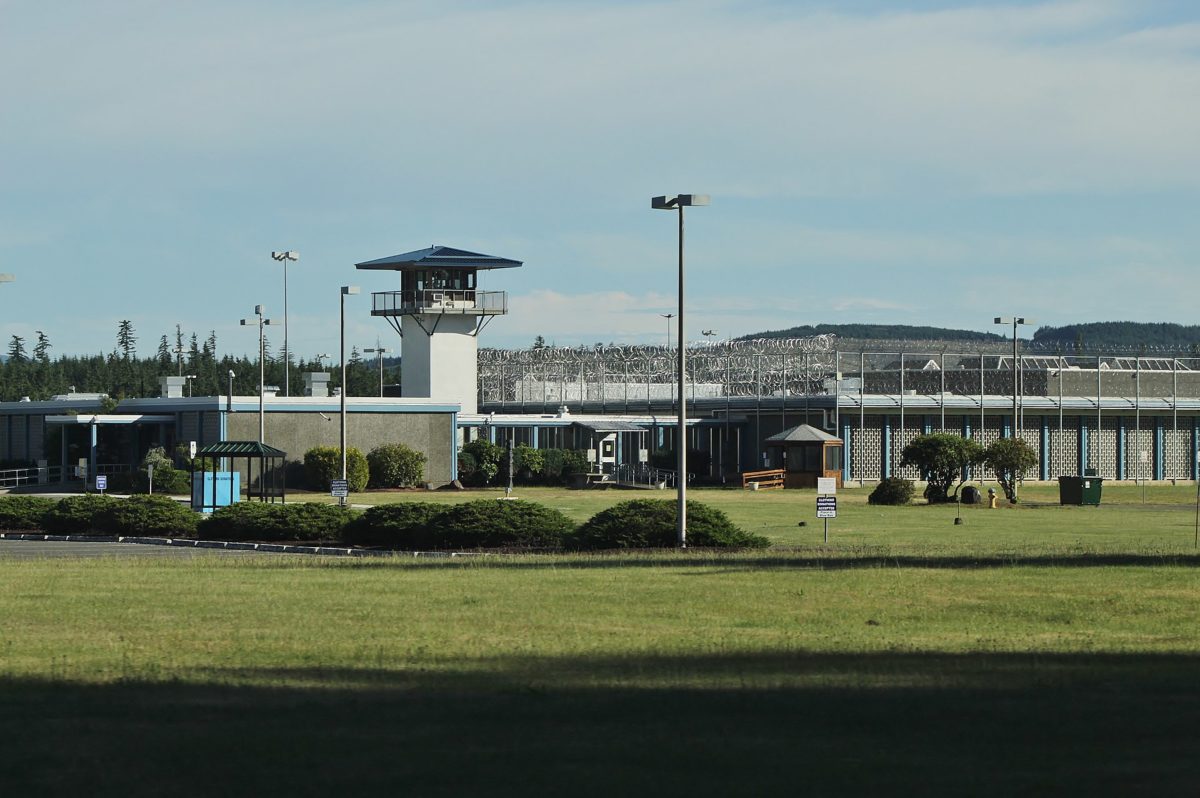
Officials delayed the delivery of critical documents for months, leading to the premature dismissal of at least two appeals filed by incarcerated men. The mistakes underscore much deeper challenges for indigent prisoners.
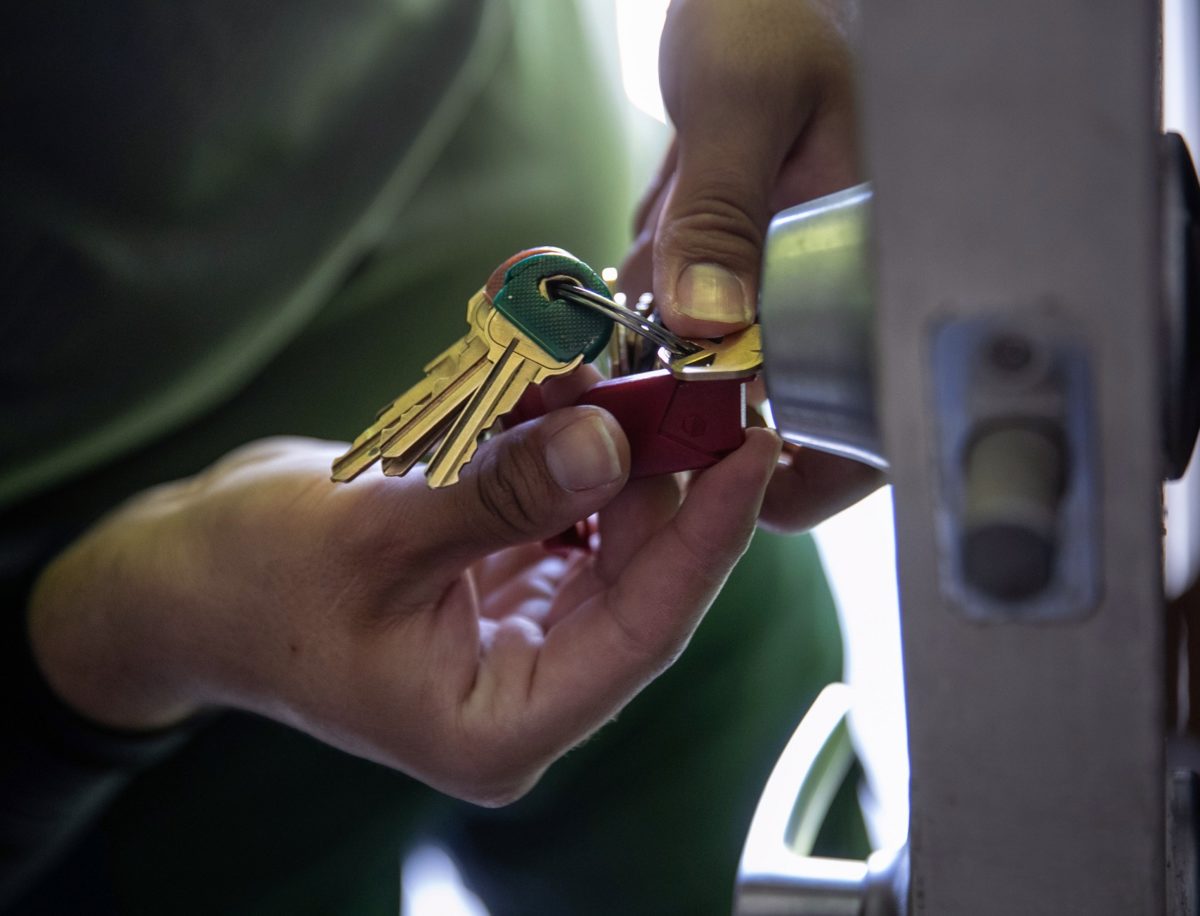
A bill passed by the state legislature, but yet to be enacted, would offer access to counsel for low-income renters.
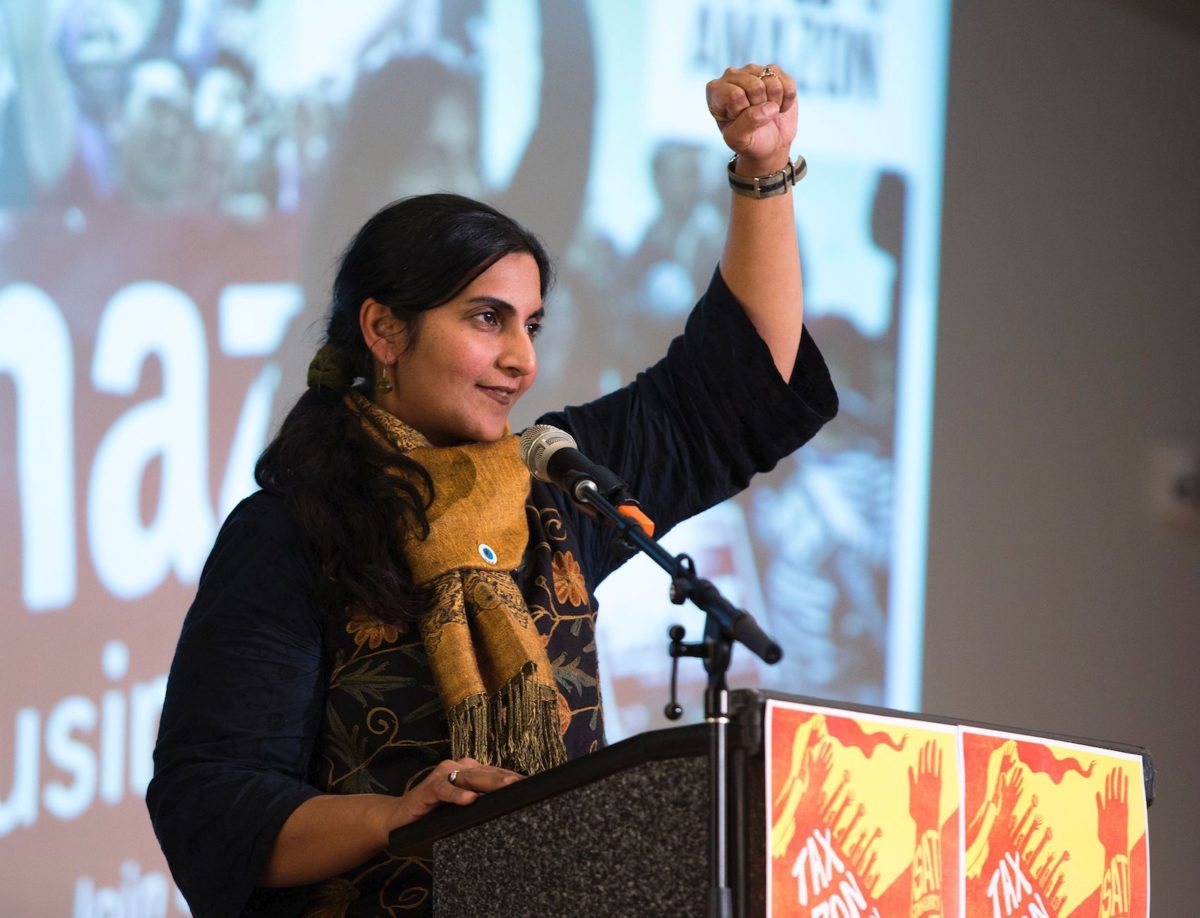
The city joins the national trend of guaranteeing counsel in eviction court, which data shows can save people’s homes.
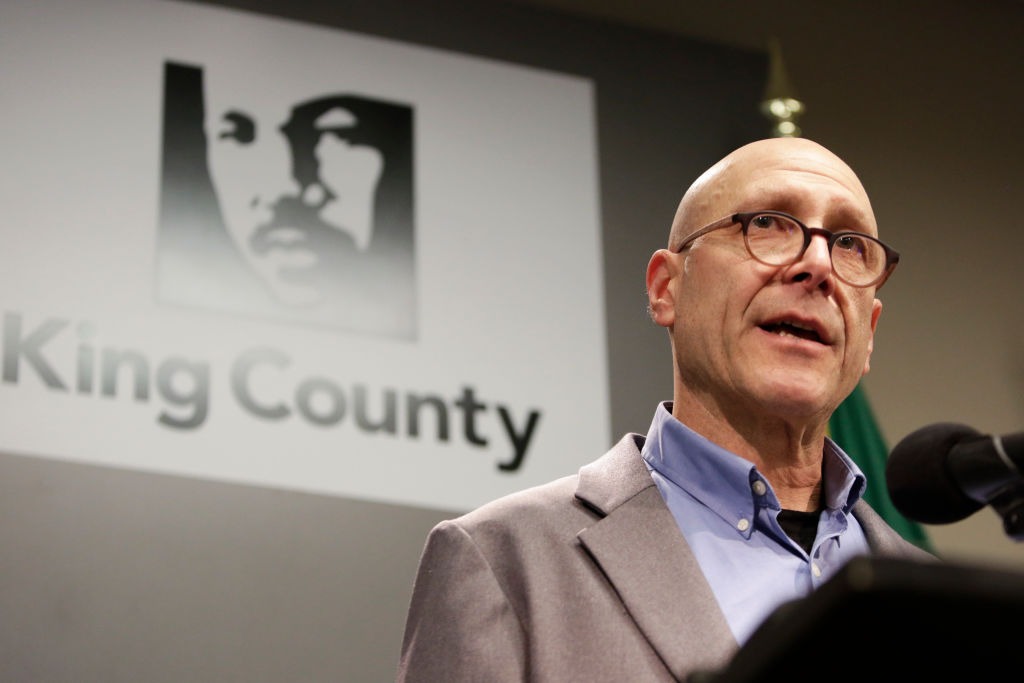
Seattle suburb Renton is battling an emergency homeless shelter through its zoning code.
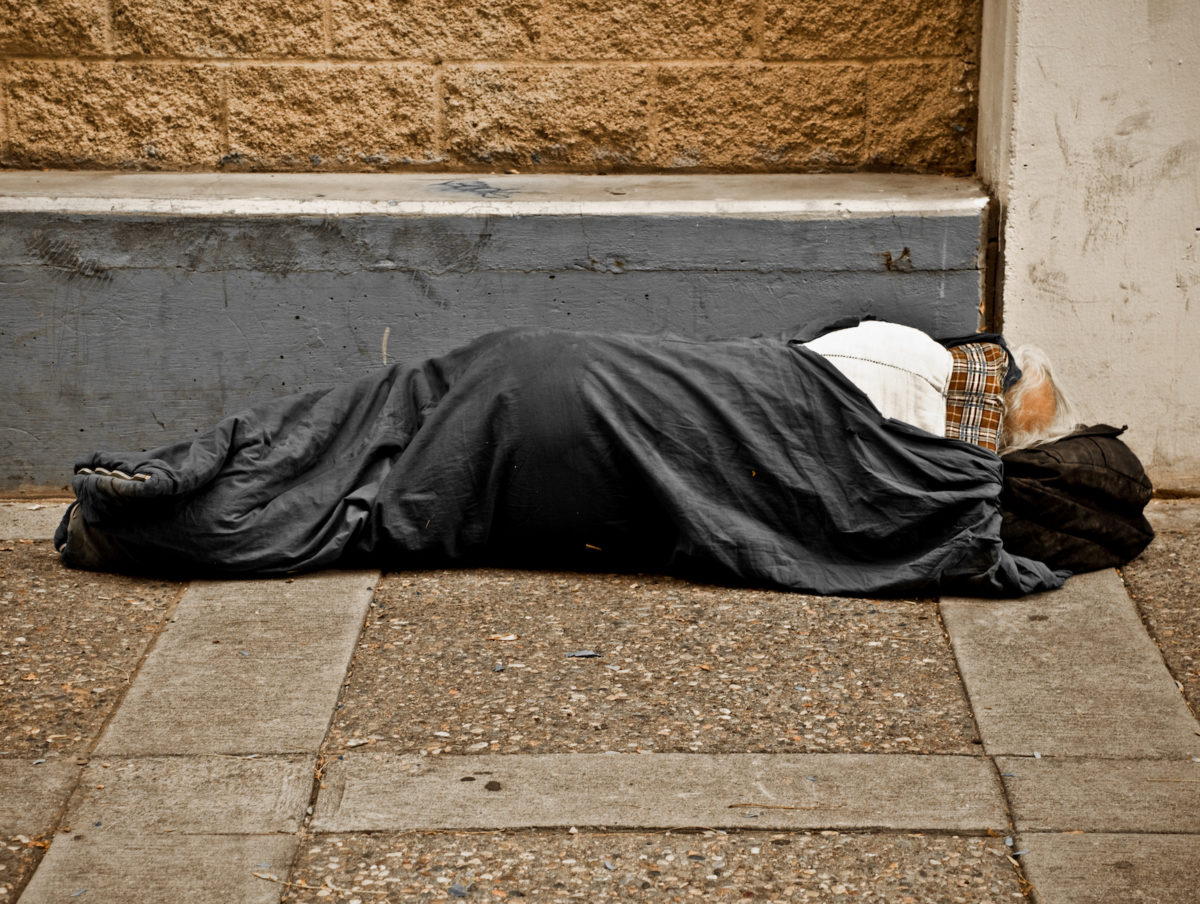
The COVID-19 crisis is shining a light on America’s worsening housing crisis and limited resources for response.